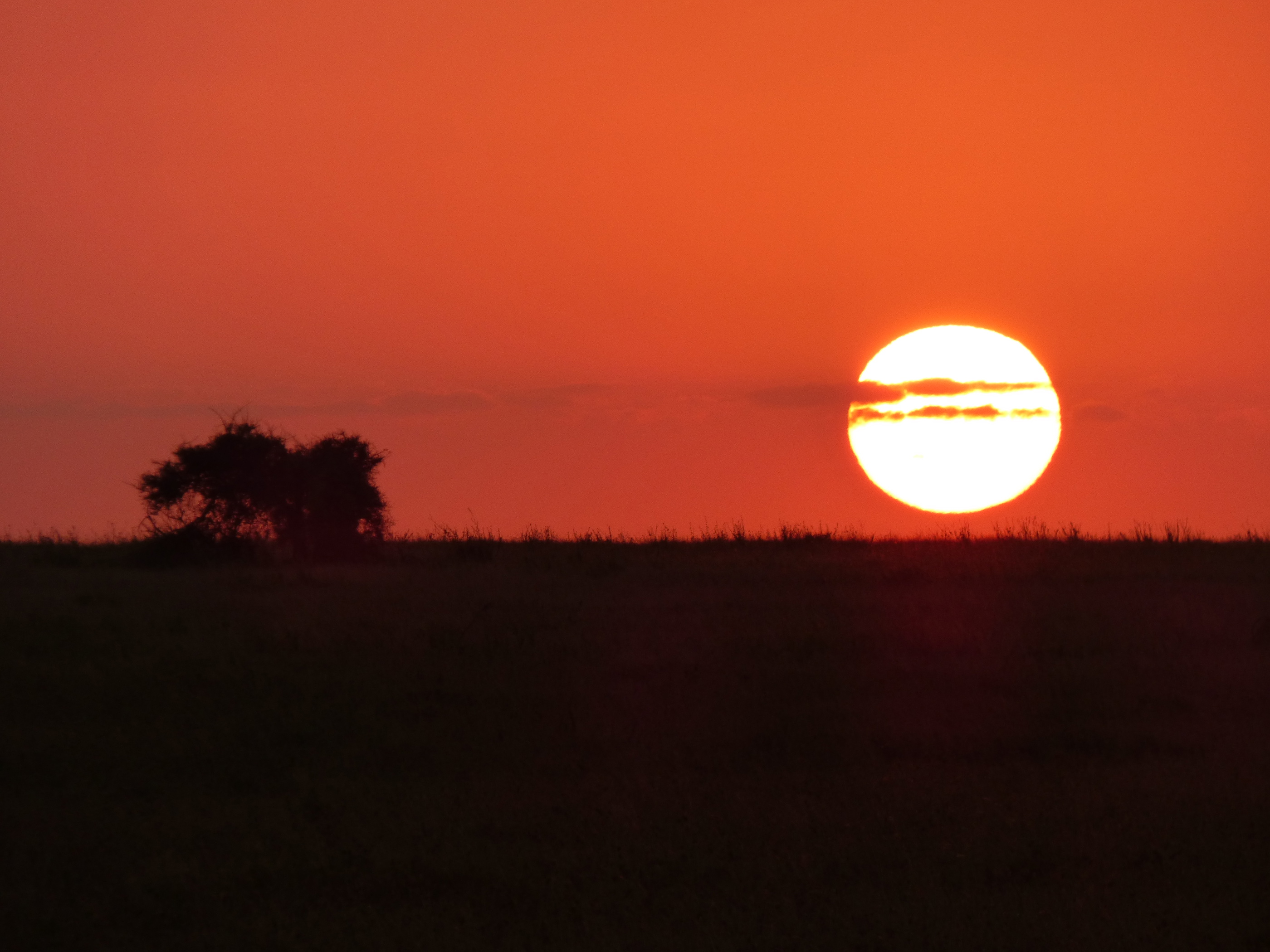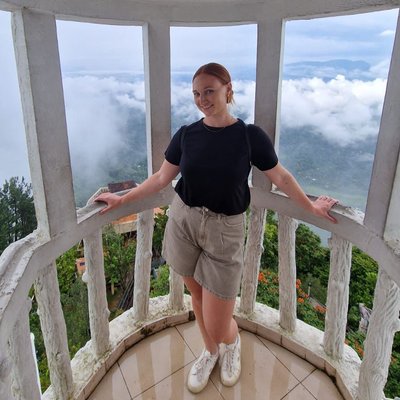Anglia Ruskin University 2018
 I'd wanted to travel to Africa since I was little, so when the opportunity came up in my second year as a student midwife to go on an elective placement, I didn’t give it a second thought.
I'd wanted to travel to Africa since I was little, so when the opportunity came up in my second year as a student midwife to go on an elective placement, I didn’t give it a second thought.
I didn’t really know where to start when it came to organizing the trip. So, I browsed online and found Work the World.
After browsing their website, I filled out the enquiry form and that’s where it all began.
Work the World helped me every single step of the way. They completely organised my placement and fully prepared me for the overseas experience.
 I was going on my three-week placement on my own. It was daunting at first, but looking back it was very easy.
I was going on my three-week placement on my own. It was daunting at first, but looking back it was very easy.
The airport in Dar es Salaam was manic. I filled out a form to apply for an entry visa (Work the World had prepared me for this). The process was easy and everyone at the airport was very friendly, even if it was a bit daunting. Most people spoke at least a little English, which helped.
During my first day in Dar es Salaam, the Work the World team took me on an orientation around the city.
They took me to my placement hospital too. We travelled by ‘dala dala’ — the local minibus. This was an experience to say the least. It was overcrowded, most people had to stand up and it was very hot!
 When we got to the hospital, all of the staff greeted me at the door. They were all lovely and spoke fairly good English. They wanted to know all about midwifery practice in the UK, and I had lots of questions for them, which they answered happily.
When we got to the hospital, all of the staff greeted me at the door. They were all lovely and spoke fairly good English. They wanted to know all about midwifery practice in the UK, and I had lots of questions for them, which they answered happily.
The Work the World staff even took us for a meal in one of the local restaurants which was my first chance to taste some Tanzanian food. The food was amazing and everyone was really friendly.
Speaking of food, the Work the World catering team cooked our breakfast and dinner every day. The team were happy for suggestions and help with cooking the meals.
My first week of placement was busy. I was based on the labour ward where I observed caesarean sections and lots of vaginal deliveries.
 The wards were seriously understaffed. I helped do what I could within my scope of practise.
The wards were seriously understaffed. I helped do what I could within my scope of practise.
I weighed babies, supported labouring women and helped complete patient documentation.
The first few days were a challenge — the care was so different to back home, and the women didn’t receive any pain relief. I just told myself this was local culture and the women were clearly grateful for any care they received.
I split my second week between the labour, antenatal and postnatal wards.
The postnatal ward was overcrowded and sometimes had three to four women (with their babies) per bed.
 The antenatal ward was also very busy. A lot of the women had delivered their babies before they arrived at the labour ward as they were aware there weren’t enough beds.
The antenatal ward was also very busy. A lot of the women had delivered their babies before they arrived at the labour ward as they were aware there weren’t enough beds.
The local hospital staff really supported me during my two weeks with them. They were all friendly and taught me a lot. They helped me learn to respect the local practises and also how to get by with such little resources.
I thoroughly enjoyed my placement and was sad that I had to move on. Before I left, I gifted the ward some boxes of gloves, scrubs that I no longer needed, rolls of apron, hand sanitiser and packets of antiseptic wipes.
 The placement was challenging but rewarding. And I found it important to have some time to chill and clear my head.
The placement was challenging but rewarding. And I found it important to have some time to chill and clear my head.
After placement, I caught up with my housemates to find out how their respective days went. There was a pool at the Work the World house too, and we made good use of it.
We went to karaoke at the local beach on Wednesday evenings, and the Work the World weekly BBQ was on Thursdays. The house catering team cooked all the food and it was always delicious.
We went to local markets and travelled over to Bongoyo Island too. There was a beach at the end of the street we lived on and we’d walk there when we felt like it. There were always lots of children playing in the sea. There were a few bars along the beach too.

I was even lucky enough to go on a weekend safari.
The safari was really easy to organise — I let Work the World know I wanted to go and they organised the whole thing for me.
I and three others went on safari together and it was amazing. If you get the chance it is well worth it.
I spent my third and final week on Work the World’s Village Healthcare Experience. It was an 8-hour coach journey into the heart of rural Tanzania.
I travelled with two other girls I had met in the Work the World house, and the three of us lived with a local Tanzanian family of two small children and their parents.
They couldn’t speak much English, but they spoke enough to be able to have a conversation.
We spent mornings in the village hospital, learning about HIV medication, providing antenatal care and vaccinations to babies, and spending time in the pharmacy.
In the afternoons, someone from the family we were staying with walked us back to the house for lunch.
We spent our afternoons participating in cultural activities. We visited a traditional healer, cycled through sugar plantations, visited a local school, and swam in a local waterfall.
 Our host family were very kind and looked after us well. If you fancy a real Tanzanian experience, book onto the Village Healthcare Week, as it is well worth it. This was also arranged by Work the World.
Our host family were very kind and looked after us well. If you fancy a real Tanzanian experience, book onto the Village Healthcare Week, as it is well worth it. This was also arranged by Work the World.
My three-week trip to Tanzania was the best experience of my life. I have learnt so much about myself and how lucky we are in the UK to have the NHS.
I met some amazing people on my trip and will forever treasure the memories we made.
Read more about our Electives in Africa, where you'll discover various options in Tanzania and beyond.

%20Square.jpg)







